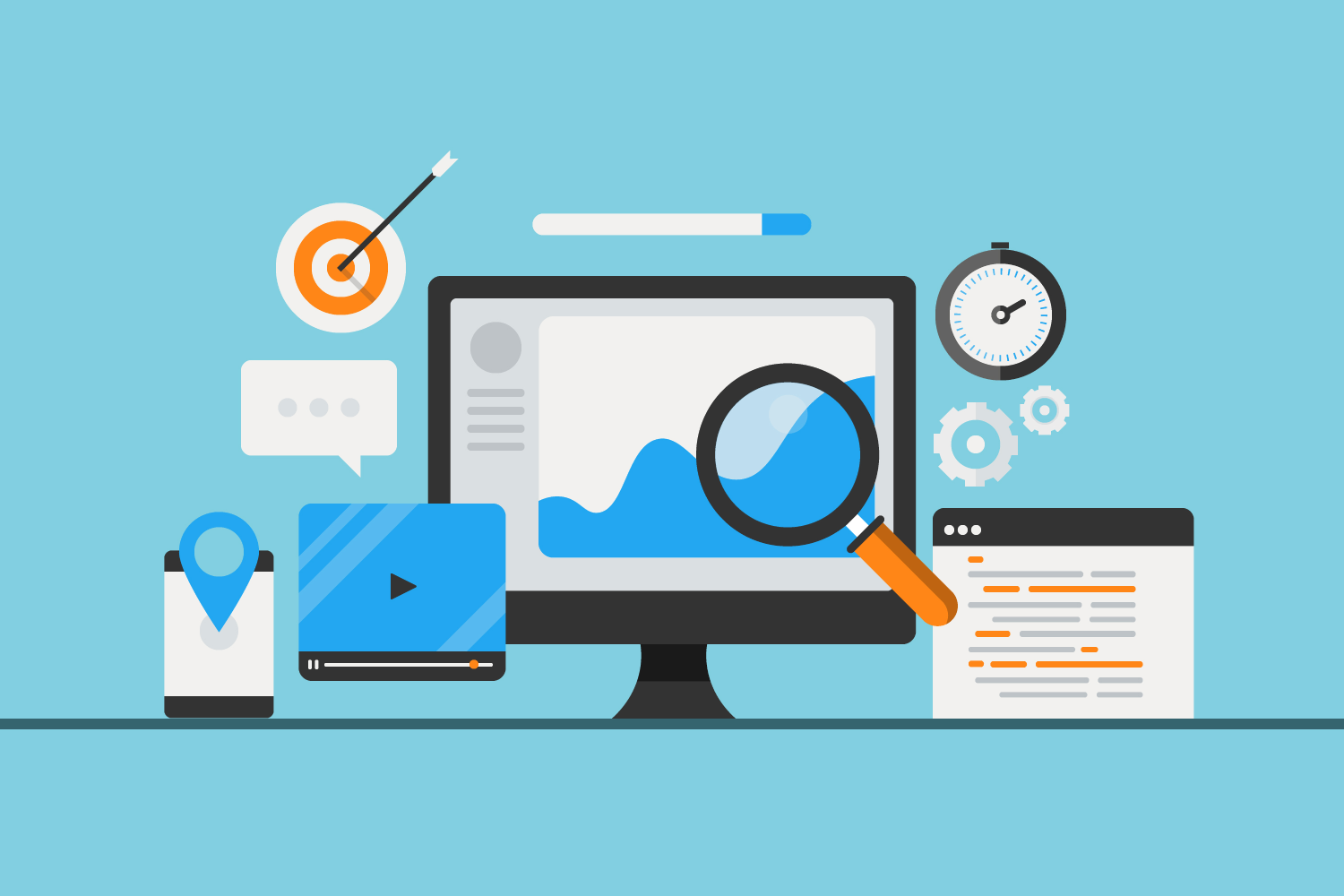Search Engine Optimization (SEO) is a crucial aspect of any successful website. Proper on-page SEO techniques help search engines better understand and rank your website higher in search results, driving more organic traffic to your site. In this article, we will discuss seven essential on-page SEO tips that you can implement to improve your website’s search engine rankings.
Optimize Your Page Titles
Page titles play a significant role in SEO, as they provide search engines with an overview of your page’s content. Ensure that each page on your website has a unique, descriptive, and keyword-rich title. Aim to keep your titles under 60 characters to prevent them from being truncated in search engine results.
Use Correct Heading Tags
Heading tags (H1, H2, H3, etc.) help search engines understand the structure and hierarchy of your content. Use H1 tags for your main headings, followed by H2 and H3 tags for subheadings. This not only improves your on-page SEO but also enhances readability for users.
Include Relevant Keywords
Identify target keywords for each page on your website by conducting thorough keyword research. Once you have a list of relevant keywords, strategically incorporate them into your content, meta tags, and image alt tags. This helps search engines recognize your content’s topic and rank your pages higher for those specific keywords.
Optimize Your URLs
A well-structured and keyword-rich URL can improve your website’s search engine rankings. Create clean and user-friendly URLs that include your target keywords. This makes it easier for search engines to index your pages and for users to share your content. Avoid using special characters or numbers in your URLs, as they can make them less readable.
Improve Your Page Speed
Page speed is a critical factor for both search engines and user experience. Optimize your website for fast loading times by compressing images, using browser caching, and minimizing JavaScript and CSS files. Faster-loading pages are favored by search engines and provide a better user experience, ultimately leading to higher search rankings and increased engagement.
Write High-Quality, Engaging Content
High-quality content is the cornerstone of any successful SEO strategy. Create valuable and informative content that meets the needs of your target audience. Engaging content not only keeps users on your site longer but also increases the likelihood of your content being shared and linked to, boosting your website’s SEO and online visibility.
Optimize Your Internal Linking Structure
Internal links help search engines understand the relationship between your website’s pages and improve the user experience by making it easier for visitors to navigate your site. Use internal links to connect relevant pages on your website, ensuring that your anchor text is descriptive and keyword-rich. This practice will not only enhance your on-page SEO but also encourage users to explore more of your content.
Conclusion
Implementing these seven on-page SEO tips can significantly improve your website’s search engine rankings and drive more organic traffic to your site. By optimizing your page titles, using proper heading tags, including relevant keywords, creating user-friendly URLs, improving page speed, producing high-quality content, and optimizing your internal linking structure, you’ll be well on your way to achieving better visibility in search engine results and increasing your online presence.
